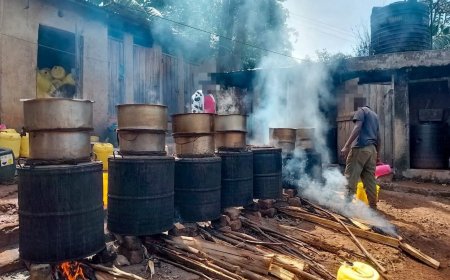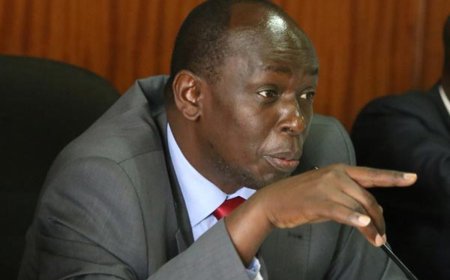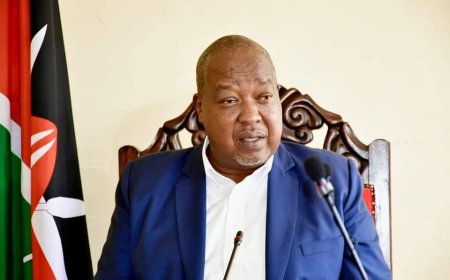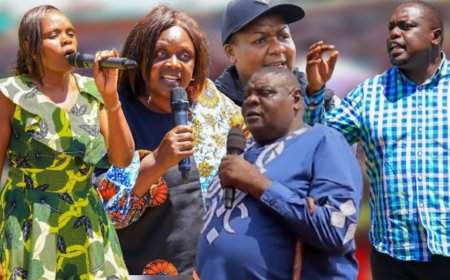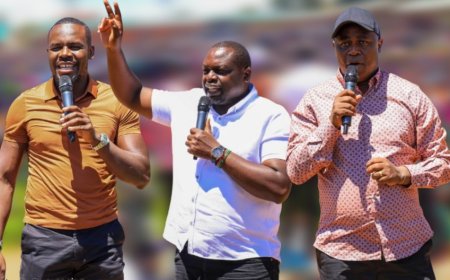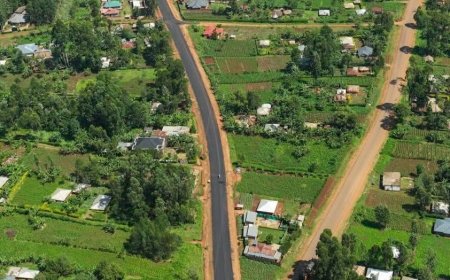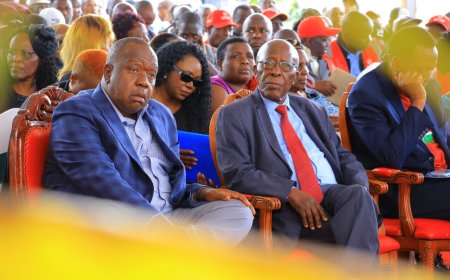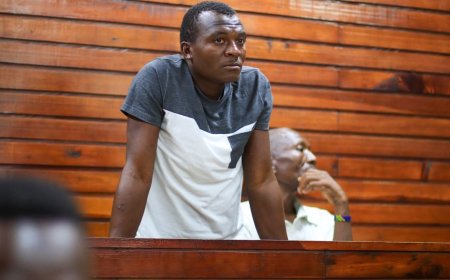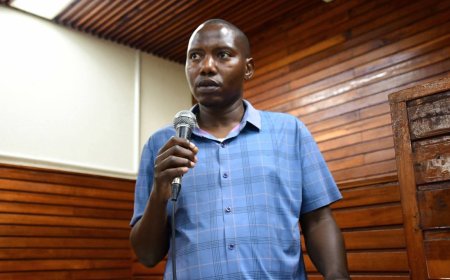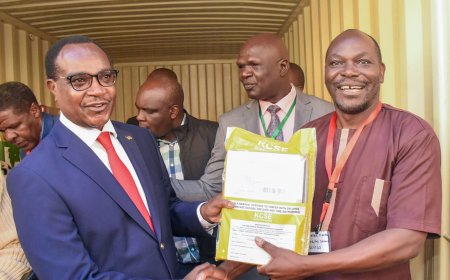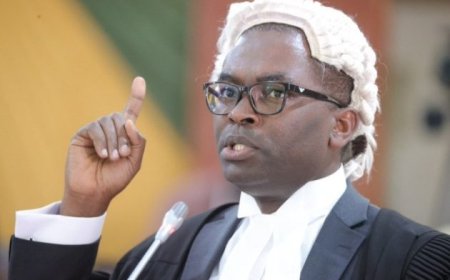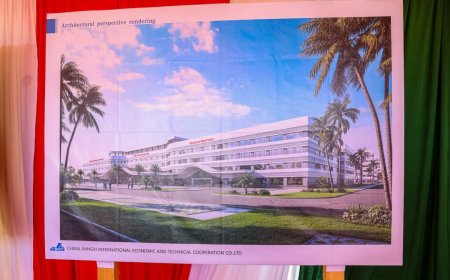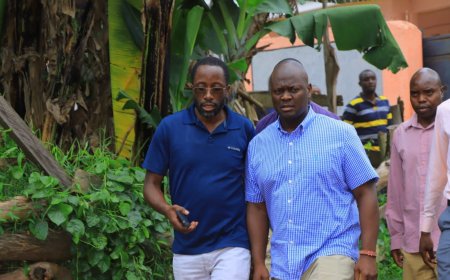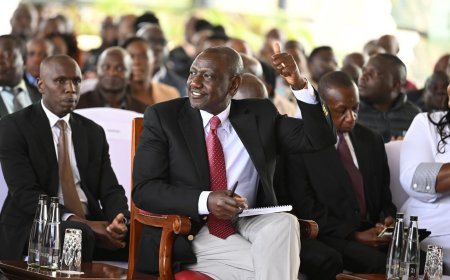Kindiki condemns extra judicial killing
Speaking during an empowerment program for micro and small-scale traders and SACCOs in Kitui, Kindiki, who led a delegation of Kenya Kwanza leaders, firmly reiterated the government's stance against extrajudicial killings and all forms of criminality.
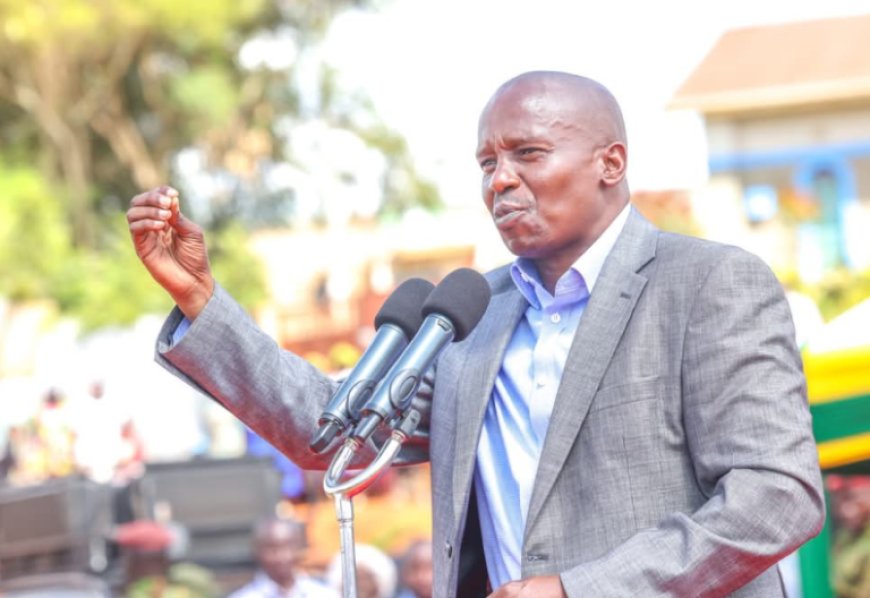
The Deputy President Prof Kithure Kindiki has equivocally said that there will be individual criminal responsibility for those involved in the killing of Albert Ojwang.
Speaking during an empowerment program for micro and small-scale traders and SACCOs in Kitui, Kindiki, who led a delegation of Kenya Kwanza leaders, firmly reiterated the government's stance against extrajudicial killings and all forms of criminality.
Ojwang's death in police custody has ignited a national outcry, with civil society organizations and human rights groups demanding accountability and an end to police brutality.
An autopsy report revealed that Ojwang died from head injuries, neck compression, and other injuries consistent with assault, contradicting earlier police claims of self-inflicted harm.
"The government does not and will never condone extrajudicial killings or any manner of criminality," Prof Kindiki asserted.
"Whoever is involved in the killing of Albert Ojwang, whether directly or through orders, must face the full force of the law."
Kindiki's strong condemnation comes amidst growing public pressure for justice in Ojwang's case.
The incident has cast a spotlight on ongoing concerns about police accountability and the respect for human rights within law enforcement agencies.
The Deputy President emphasized that the Kenya Kwanza administration is committed to upholding the rule of law and ensuring that all citizens are protected.
He assured Kenyans that due process would be followed in seeking justice for Ojwang and his family.
"We urge Kenyans and leaders to allow the wheels of justice to take their course and avoid politicizing this grave incident."
The visit to Kitui is part of the government's ongoing engagement with communities across the country, focused on economic empowerment initiatives.
However, the shadow of Ojwang's death and the broader issue of extrajudicial killings dominated the Deputy President's address, underscoring the government's recognition of the gravity of the matter.
The government's resolve to address concerns about police conduct and ensure justice for victims of extrajudicial killings will be closely watched by human rights advocates and the public as investigations into Albert Ojwang's death continue.
What's Your Reaction?
 Like
0
Like
0
 Dislike
0
Dislike
0
 Love
0
Love
0
 Funny
0
Funny
0
 Angry
0
Angry
0
 Sad
0
Sad
0
 Wow
0
Wow
0



